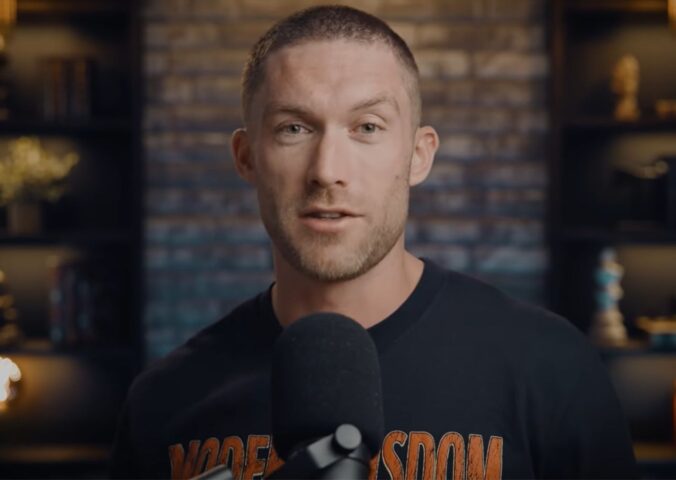The UK’s national broadcaster, the BBC, interviewed the filmmakers of Seaspiracy about their ‘explosive’ campaign to help protect the oceans.
The crowdfunding campaign urges world leaders to establish and enforce ‘no-take’ marine protected areas (MPAs) in at least 30 percent of the world’s oceans by 2030. Currently, 97 percent of MPAs in the UK permit destructive fishing practices, like bottom trawling.
Bottom trawling involves dragging weighted fishing nets along the sea floor. The practice results in a large amount of by-catch, whereby non-target species are accidentally caught and killed.
‘Seaspiracy’
The campaign builds upon the message of Seaspiracy. The documentary aims to bring awareness to the fishing industries’ impact on our oceans and marine life.
The film covers issues such as shark finning, whale hunting, coral reef degradation and plastic pollution – all of which are worsened by industrial fishing. It quickly became one of Netflix’s most-watched films globally.
Moreover, Lucy Tabrizi, who created the film with her partner Ali, said to the BBC: “Whoever you are out there. Everyone. The ocean matters to you.”
“It’s connected to more than we can imagine,” she said. The ocean regulates the climate and provides us with half of the oxygen we breathe, for instance. “So that’s every second breath. It’s just our life support system.”
Tabrizi then added: “If the oceans die we die, that’s not just a tagline, that’s the truth.”






